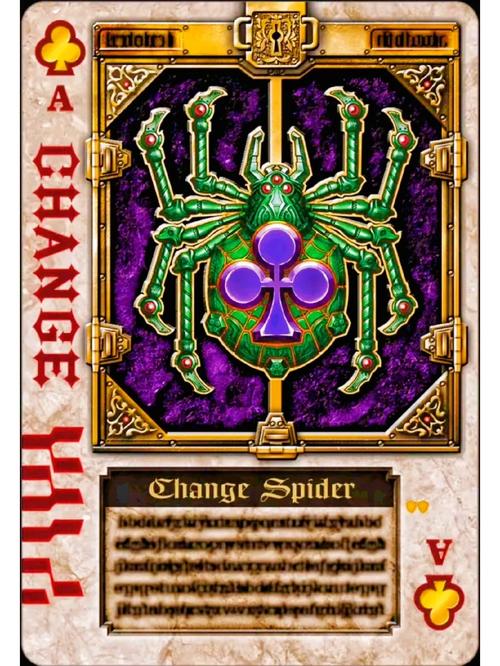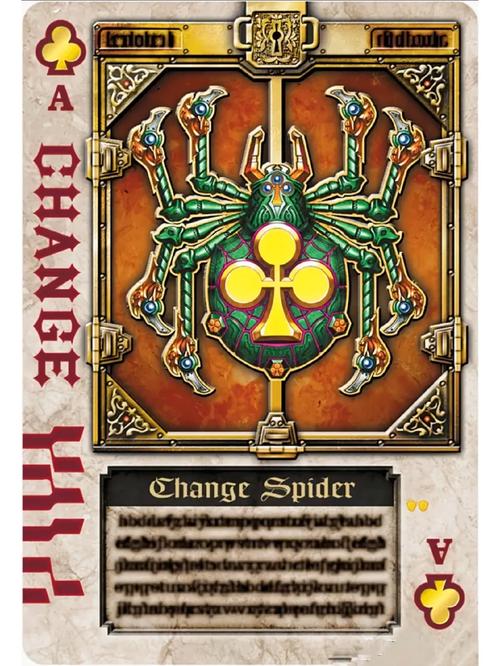
Understanding Spider Bites
Spider bites can range from mild to severe, and it’s important to recognize the symptoms to ensure proper treatment. Are you aware of the various signs that might indicate a spider bite? Let’s delve into the details.
Common Symptoms
When a spider bite occurs, the first thing you might notice is a small, red or purple bump at the site of the bite. This is often the first visible sign. However, there are several other symptoms to be aware of:

-
Swelling: The area around the bite may swell, sometimes significantly.
-
Pain: You might feel a sharp, throbbing, or burning pain at the bite site.
-
Redness: The skin around the bite may become red and inflamed.
-
Itching: Itching is a common symptom, especially if the bite is from a venomous spider.

-
Blistering: In some cases, a blister may form at the bite site.
Severe Symptoms
While most spider bites are not life-threatening, some can lead to severe reactions. Here are the symptoms that require immediate medical attention:
-
Severe pain: If the pain is intense and not relieved by over-the-counter pain relievers.
-
Swelling: If the swelling extends beyond the bite area or affects the entire limb.
-
Redness: If the redness spreads beyond the bite area.
-
Difficulty breathing: This is a serious symptom that requires immediate medical attention.
-
Severe nausea or vomiting: If you experience these symptoms, seek medical help promptly.
Spider Bite Treatment
Most spider bites can be treated at home with basic first aid measures. Here’s what you can do:
-
Clean the bite area with soap and water.
-
Apply a cool, wet compress to reduce swelling and pain.
-
Take over-the-counter pain relievers, such as ibuprofen or acetaminophen, to manage pain and inflammation.
-
Keep the affected area elevated to reduce swelling.
When to Seek Medical Attention
While most spider bites are minor, there are certain situations where you should seek medical attention:
-
Severe pain or swelling that does not improve after a few days.
-
Difficulty breathing or swallowing.
-
Severe nausea or vomiting.
-
Any signs of infection, such as increased pain, redness, or fever.
Spider Bite Prevention
Preventing spider bites is always better than dealing with the aftermath. Here are some tips to help you avoid getting bitten:
-
Keep your home clean and clutter-free, as spiders are attracted to dark, undisturbed areas.
-
Seal any cracks or gaps around your home, as these can provide entry points for spiders.
-
Wear gloves when gardening or working in areas where spiders might be present.
-
Be cautious when handling items that have been stored for a long time, as spiders may have made their home inside.
Spider Bite Table
| Spider Bite Symptoms | Description |
|---|---|
| Swelling | The area around the bite may swell, sometimes significantly. |
| Pain | A sharp, throbbing, or burning pain at the bite site. |
| Redness | The skin around the bite may become red and inflamed. |
| Itching |
Related Postseight point star bit,Understanding the Eight Point Star Bit: A Comprehensive GuideUnderstanding the Eight Point … flush trim router bits,Understanding Flush Trim Router Bits: A Comprehensive GuideUnderstanding Flush Trim Route… Like |







